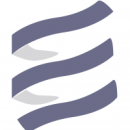Unfortunately, cancer affects nearly everyone is one way or another.
CancerIQ is looking to change that. By using genetic data, the Chicago-based healthtech company makes software that helps healthcare professionals in predicting, preempting and preventing disease for patients. We spoke with the leadership behind the company’s efforts, and what the scaling company sees on the road ahead.



FOUNDED: 2013
EMPLOYEES: 16
WHAT THEY DO: CancerIQ is an end-to-end solution that helps physicians identify patients with a high risk of cancer and provide the necessary resources to preempt, and in some cases prevent, it.
WHERE THEY DO IT: River North
HEALTHY HEART AND MIND: Along with perks like an unlimited vacation policy, CancerIQ also offers an on-site gym and wellness programs.
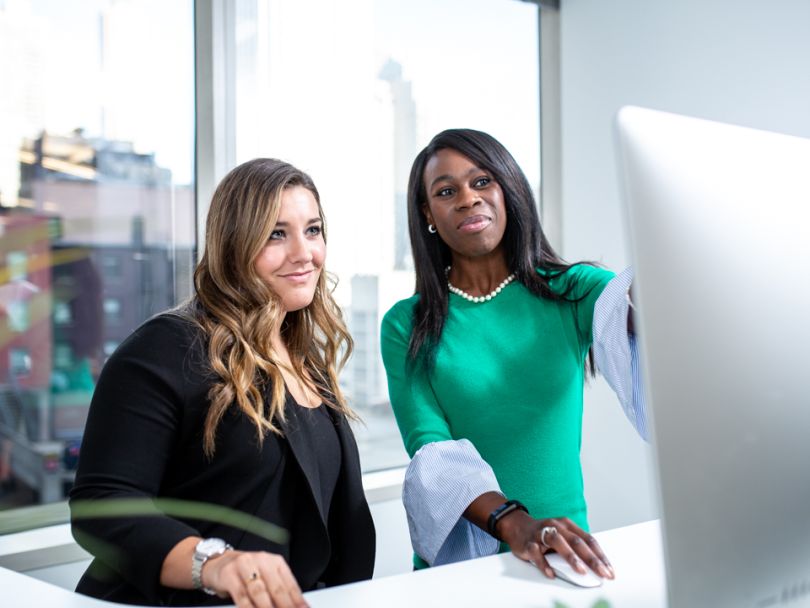
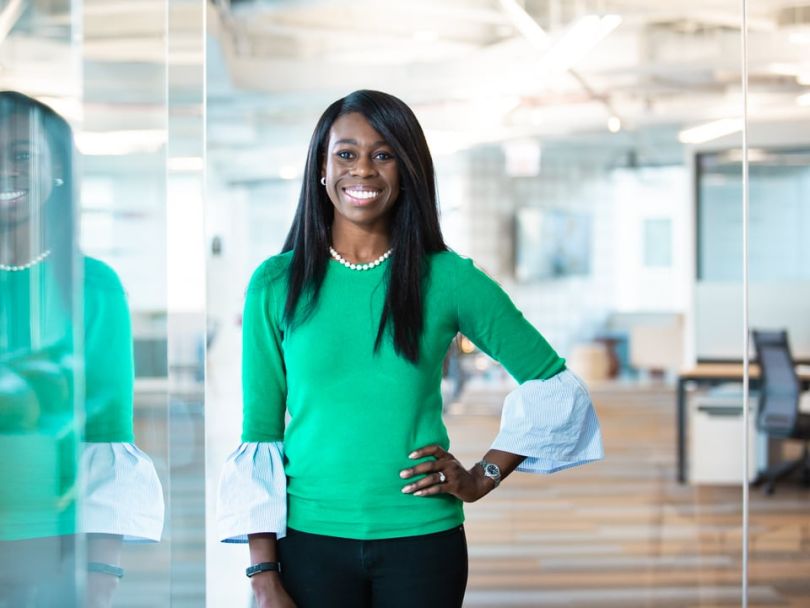
Feyi Olopade Ayodele, Founder and CEO
As her title implies, Feyi’s role covers pretty much everything at the company, but she spends most of her time developing and growing the business and finding and building relationships and partnerships.
BEYOND WORK: A self-described dog lover, Feyi spends lots of time playing with her Yorkie mix, Ricky Jr.
What was your biggest fear when you co-founded CancerIQ?
I think I’m a pretty typical entrepreneur in that I didn’t give this a lot of thought before founding the company. In retrospect, I probably should have, but I was so convinced that this was the right thing to do that I had no choice but to proceed. This might be bad advice, but if every entrepreneur were completely rational, then lots of great companies wouldn’t get started.
We not only give doctors the knowledge to help their patients, but make this scalable so that it can work without hiring additional staff.”
You worked alongside your mother — a world-renowned cancer researcher — at the University of Chicago Hospital. How did that experience shape what CancerIQ has become today?
While at the University of Chicago, I got to be part of a groundbreaking MRI study that screened my mother’s highest-risk patients every six months and was able to find cancers before they grew beyond one centimeter.
Actually, doing this takes a lot of work. The 500 patients in the MRI study had peace of mind that the team could help them stay ahead of cancer because there was a full team of navigators calling to schedule appointments, obtain prior authorization for MRIs and follow up if anything slipped through the cracks. There was a ton of staff needed to make this happen — and not every clinic has the resources to hire these people and deliver the same experience.
This experience really shaped the work that we do at CancerIQ — we not only give doctors the knowledge to help their patients, but make this scalable so that it can work without hiring additional staff.
Tell us about a moment where you realized CancerIQ had arrived.
Two years ago, I brought on our first channel partnership with a billion-dollar publicly traded company. They are not known for acting fast or partnering with startups, so this not only validated that we were building something unique but that it could be valuable beyond our initial user base of healthcare providers. And now that we’ve delivered value to them, we’re approached every day by other partners in the healthcare ecosystem, from genetic testing companies to health IT companies.

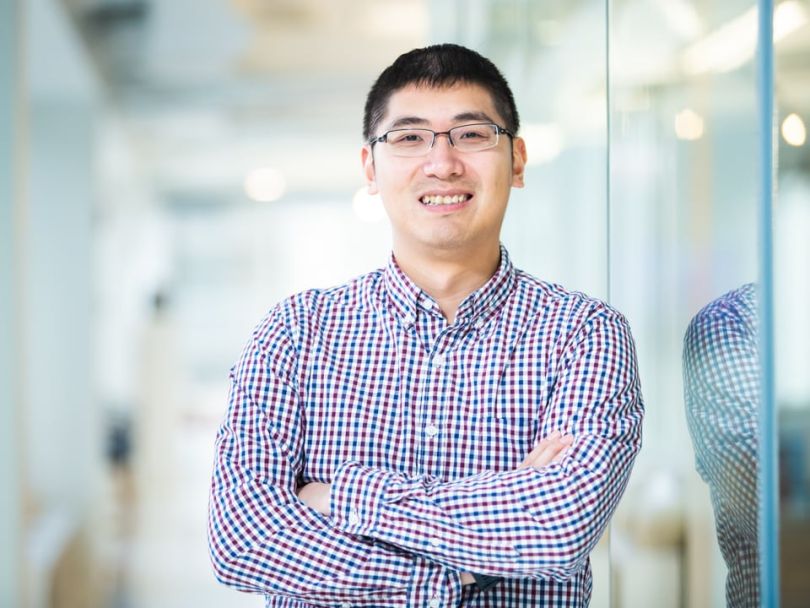
Haibo Lu, VP of Product and Customer Success
Haibo seeks to ensure that customers are getting the maximum possible value out of CancerIQ’s services by working with the company’s product and customer success teams.
BEYOND WORK: Haibo is very physically active and enjoys running, playing basketball and relaxing through a sport that he started playing overseas: Ultimate Frisbee.
What was your biggest fear when you co-founded CancerIQ?
I think my biggest fear was that we had a great idea and a great product, but that customers wouldn’t be willing to pay or would think that we were too expensive. The main way we overcame it was through data. We had a few pilots with our initial customers, and we were able to make an empiric case that CancerIQ delivers value.
We improved patient outcomes, and we generated downstream revenues for our customers. As we grew our client base and were able to demonstrate the value over and over, we were able to show the return on investment based on our pricing and overcome that obstacle.
Tell us about a moment where you realized CancerIQ had arrived.
This past year at the National Consortium of Breast Centers conference, one of our major clients was selected to do an oral presentation about their high-risk program and how they were utilizing our software and services. Seeing one of our first customers present the amazing work they’ve done, the impact they’ve made and to see that we’re no longer an unknown — that people were stopping at our booth based on recommendations they’ve heard from their peers — that was a great moment.
As we grew our client base and were able to demonstrate the value over and over, we were able to show the return on investment.”
Where do you see CancerIQ in one year? In five years?
In addition to growing our customer base, we’re focused on growing upward through our existing customers to the enterprise level and adding additional clinical specialties. Over the longer term, as we add additional clinical specialties, our product offering is also going to change and grow. In five years, we’re going to be offering not just hereditary cancer assessments but expanding into other areas where there are syndromes with a genetic basis, such as prenatal, pediatric and cardiology genetics.

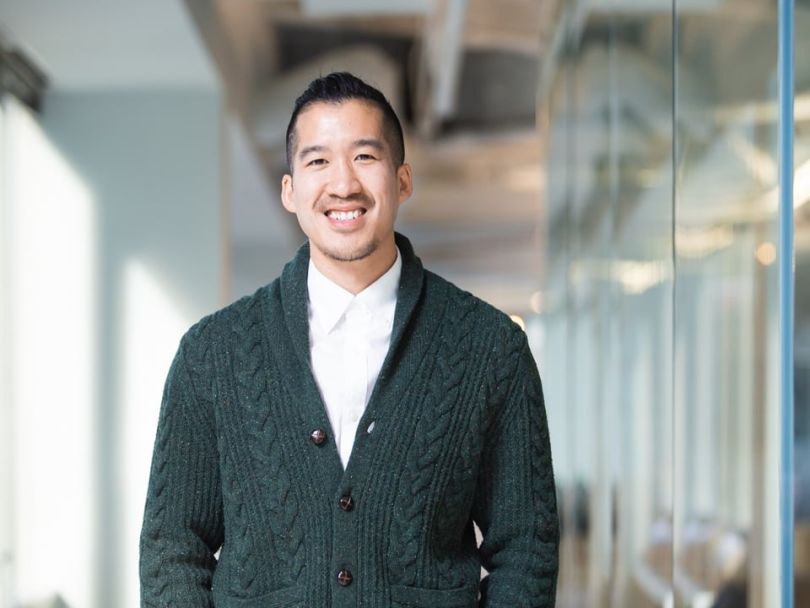
Chris Bun, CTO
“I help to make sure the bits go to the right places,” Chris says of his role at CancerIQ, but his overarching goal is to give clinicians and patients confidence that data and tech can work to solve real problems.
BEYOND WORK: An academic at heart, Chris enjoys getting out his pen and highlighter and curling up next to a nice big research paper — an activity that reminds him that there are many people trying to push human knowledge forward in the world.
What kind of opportunities exist for growth within your team?
There’s always an opportunity to lead a greenfield project, take part in the architectural design, or convey new ideas or learnings through presentations or design documents. I’ve seen immense growth from everyone on the team, from technical skills in programming languages or DevOps tooling, to higher-level design thinking and leading and managing large initiatives. At the size we’re at now, this a perfect environment to learn or hone skills to be a technical leader.
We try to stay humble, but it does feel good when the praise from the IT administrators, users and patients continue to pour in.”
What’s something you’ve witnessed in your role that has signalled to you that CancerIQ is making strides in the industry?
There are many problems that healthcare companies are trying to solve, but we make sure to remain focused on the problem at hand: People are dying of hereditary cancer that could have been prevented.
Modern programming languages and frameworks allow us to design and deliver great user experiences, while our deployment toolchain and container orchestration let us deploy new features many times a day. It all results in a best-in-class product that all stakeholders love; we try to stay humble, but it does feel good when the praise from the IT administrators, users and patients continue to pour in.
What do you expect of your team to get CancerIQ to where you want to be?
Our employees are expected to learn to take charge, be resourceful and be able to see an idea through to completion. As [tech entrepreneur] Keith Rabois says, it’s about barrels, not ammunition. This comes from trust from the team, so sound communication and embracing feedback are keys to making this happen. I expect everyone to play a big part in the continuous evolution of our team and software, from designing new services to creating useful libraries and spreading knowledge through communication and mentorship. If you’re not afraid of responsibility and making stuff happen, let’s talk.


